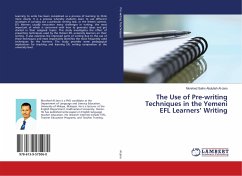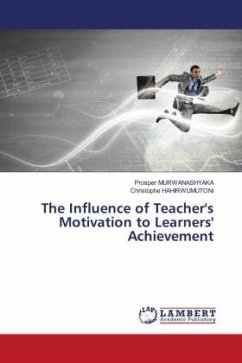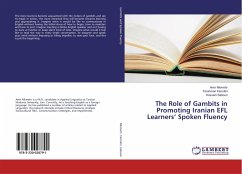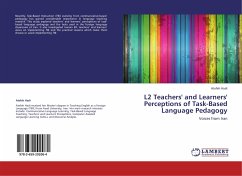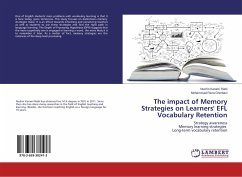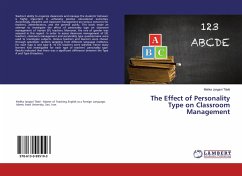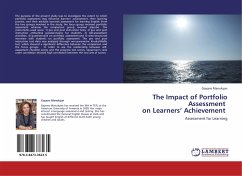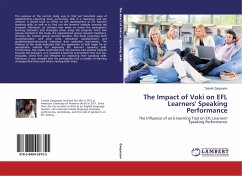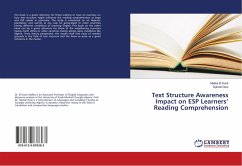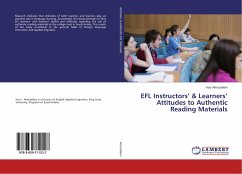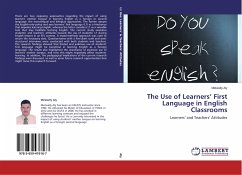
The Use of Learners' First Language in English Classrooms
Learners' and Teachers' Attitudes
Versandkostenfrei!
Versandfertig in 6-10 Tagen
36,99 €
inkl. MwSt.

PAYBACK Punkte
18 °P sammeln!
There are two opposing approaches regarding the impact of using learners' mother tongue in learning English as a foreign or second language: the monolingual and bilingual approaches. The former adopts the English-only policy and sees learners' first language (L1) as a hindrance that impedes learning English, whereas the latter considers L1 as a valuable tool that may facilitate learning English. The current study examines students' and teachers' attitudes toward the use of students' L1 during English lessons in an EFL context. A mixed-methods approach was used to secure the necessary data. Que...
There are two opposing approaches regarding the impact of using learners' mother tongue in learning English as a foreign or second language: the monolingual and bilingual approaches. The former adopts the English-only policy and sees learners' first language (L1) as a hindrance that impedes learning English, whereas the latter considers L1 as a valuable tool that may facilitate learning English. The current study examines students' and teachers' attitudes toward the use of students' L1 during English lessons in an EFL context. A mixed-methods approach was used to secure the necessary data. Questionnaires with a five-Likert scale and semi-structured interviews were conducted with both students and teachers. The research findings showed that limited and judicious use of students' first language might be beneficial in learning English as a foreign language. The results also highlighted the drawbacks of excessive use of learners' mother tongue, and how this might negatively affect students' learning. In addition, the pedagogical implications of the current research findings were discussed, as well as some future research opportunities that might move this research forward.



